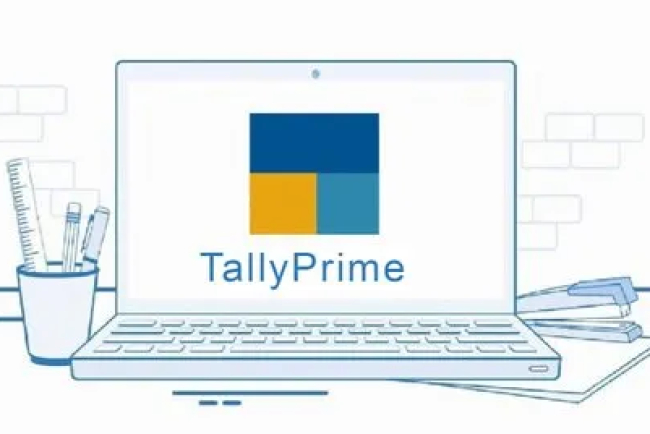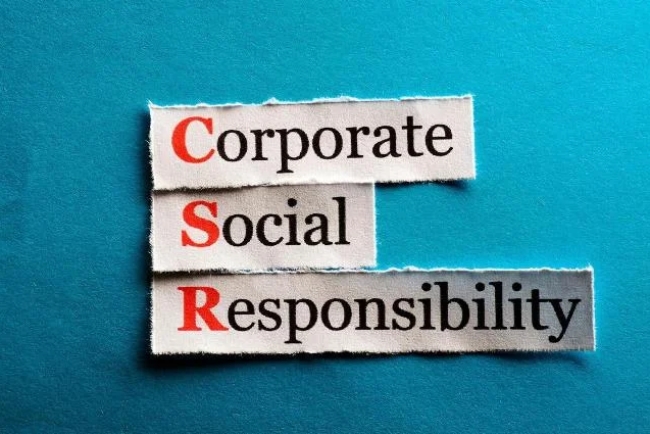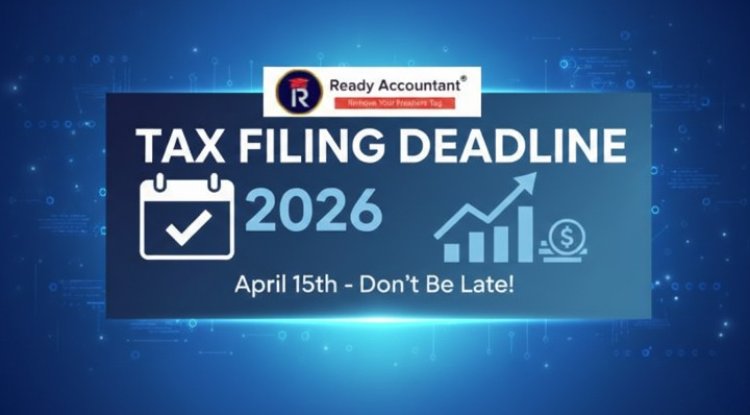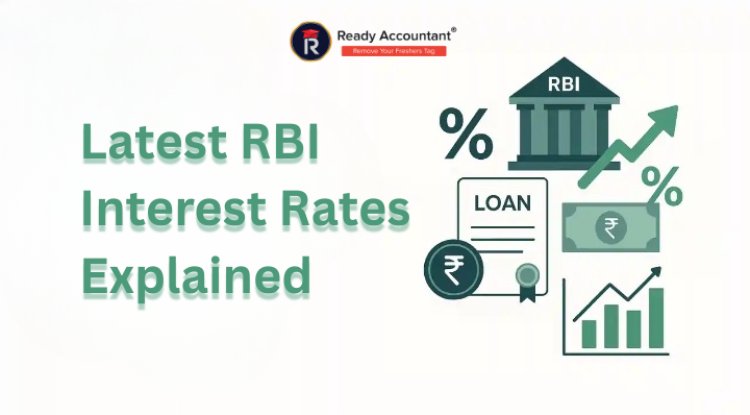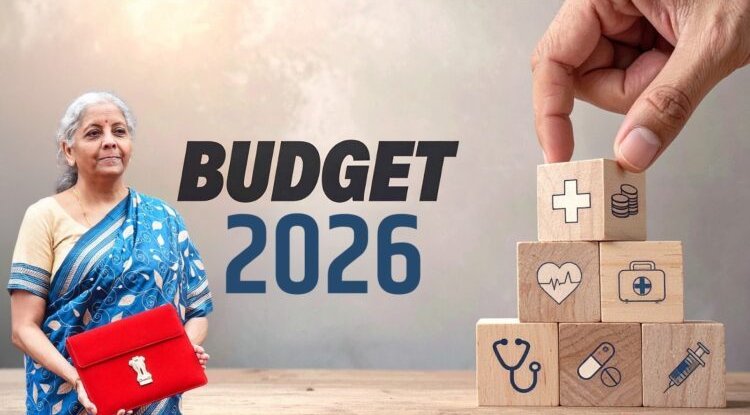ITR Filing Details 2025: Updated Process, Documents & Due Dates
The article provides a detailed guide to ITR Filing for AY 2025–26, highlighting the updated process introduced via e-Filing 2.0, which includes pre-filled forms, quicker e-verification, and faster processing. It outlines the required documents such as PAN, Aadhaar, Form 16, Form 26AS, and TDS certificates, along with the latest ITR filing deadlines for salaried individuals, businesses, and corporates. It explains the purpose of various ITR forms (ITR 1 to ITR 7) and the role of TDS (Tax Deducted at Source) in income reporting. The article also explores taxation education options, including Certified Corporate Accounting and Taxation (Income Tax & GST) through online and offline courses. It concludes with filing tips and emphasizes staying informed to ensure compliance and financial efficiency.

Filing your Income Tax Return (ITR) each year is not only a legal requirement but also a wise financial move that helps individuals and businesses stay in sync with Indian tax laws. As the Assessment Year (AY) 2025–26 nears, it becomes essential to understand the ITR Filing Details 2025: Updated Process, Documents & Due Dates. This article provides a clear overview of the new ITR process, form types, due dates, and key documentation to help you confidently file your income tax return.
What is ITR and Why Does It Matter?
ITR (Income Tax Return) is a mandatory submission to the Income Tax Department that discloses an individual’s or entity’s annual income, tax liabilities, deductions, and other relevant financial information. Whether you're filing ITR 1 for salaried employees or ITR 3 for business professionals, it's important to e-file through the incometax.gov.in portal or the official income tax return website.
What’s New in the ITR Filing Process for 2025?
The Income Tax Department has rolled out enhancements via the e-Filing 2.0 platform for a more efficient and user-friendly experience:
-
Pre-Filled Forms: ITR 1, 2, 3, 4, and 5 now come pre-filled with data from Form 26AS, AIS, and TIS.
-
Instant e-Verification: Users can now verify returns using Aadhaar OTP, e-PAN, or net banking.
-
Smarter Dashboard: Get real-time updates, download returns, or track your refund in one place.
-
Faster Turnaround: The processing timeline for filed returns has been reduced to 7–10 days after login.
Essential Documents for ITR Filing in 2025
Before logging in to the ITR homepage, make sure the following documents are available:
-
PAN & Aadhaar card
-
Form 16 (salaried income)
-
Form 26AS
-
TDS certificates (Form 16A)
-
Bank account statements
-
Investment proofs for 80C/80D deductions
-
Rent receipts, capital gain statements (if any)
Those earning interest on deposits must be aware of TDS on bank interest or TDS in fixed deposit situations and may claim tax deduction for fixed deposit under applicable sections.
Key Deadlines to File ITR for AY 2025–26
| Taxpayer Category | Due Date |
|---|---|
| Salaried individuals | 31st July 2025 |
| Auditable business entities | 31st October 2025 |
| Corporate taxpayers | 30th November 2025 |
| Belated or Revised Returns (u/s 139(8A)) | 31st December 2025 |
To update or revise your ITR, you must use Form 139(8A) under the ITR 2.0 system.
Types of ITR Forms and Their Purpose
Here’s a breakdown of available ITR forms and who should file them:
-
ITR 1 (Sahaj) – For salaried individuals earning up to ₹50 lakh
-
ITR 2 – For individuals with income from capital gains or more than one house property
-
ITR 3 – For professionals or business owners
-
ITR 4 (Sugam) – For presumptive taxation under section 44ADA
-
ITR 5, 6, 7 – For firms, companies, and NGOs
For example:
-
ITR 1 is for whom? Salaried individuals with simple incomes
-
ITR 2 is for whom? Those with investments, gains, or overseas assets
-
ITR 3 is for whom? Business owners or professionals
-
ITR 4 is for whom? Small business taxpayers under the presumptive scheme
TDS and Its Role in ITR
TDS (Tax Deducted at Source) is deducted from payments before they’re credited. It's vital to know how TDS in tax applies to your income sources:
-
TDS deduction on fixed deposit: Deducted if interest exceeds ₹40,000 (₹50,000 for senior citizens)
-
TDS for rental income: Required if rent paid exceeds ₹50,000/month
-
TDS tax deduction from salary: Employers are responsible for deducting TDS before salary payout
-
TDS at source is applicable on professional fees, interest, commissions, etc.
-
Difference between TDS and TCS: TDS is deducted by payers, while TCS is collected by sellers
Understanding tax deduction at source calculation is key to ensuring that your tax credit is reflected correctly in Form 26AS.
Learn Taxation: Courses
Whether you’re starting out or upskilling, consider enrolling in courses such as:
-
Taxation and Accounting Courses
Looking for physical classes? Search for:
-
Tax classes 2022
-
Tax course in person
-
Tax preparation classes near me
Kolkata has some of the best accounting institutes in India, offering blended formats for both professionals and students.
Final Tips to File ITR Smoothly
-
Visit the income tax filing homepage
-
Select the appropriate ITR form
-
Review and reconcile with Form 26AS
-
Claim deductions under 80C, 80D, etc.
-
Complete Aadhaar or bank-based e-Verification
-
Save your ITR file download and the acknowledgement
-
Use platforms like Ready Accountant or the official ITR website to avoid errors or inflated ITR file charges
You can also choose to file ITR for free, especially through government portals or initiatives offering tax training courses
Conclusion
Staying up-to-date with ITR Filing Details 2025: Updated Process, Documents & Due Dates empowers you to manage your tax obligations smartly. From choosing the right form to understanding the TDS meaning in tax, your knowledge can lead to better tax savings and financial planning. Whether you’re an employee, self-employed professional, or business owner, filing your income tax return in India accurately and on time is key. Explore top-rated taxation courses online and in-person to elevate your understanding and boost your career in accounting or tax consulting.
What's Your Reaction?







